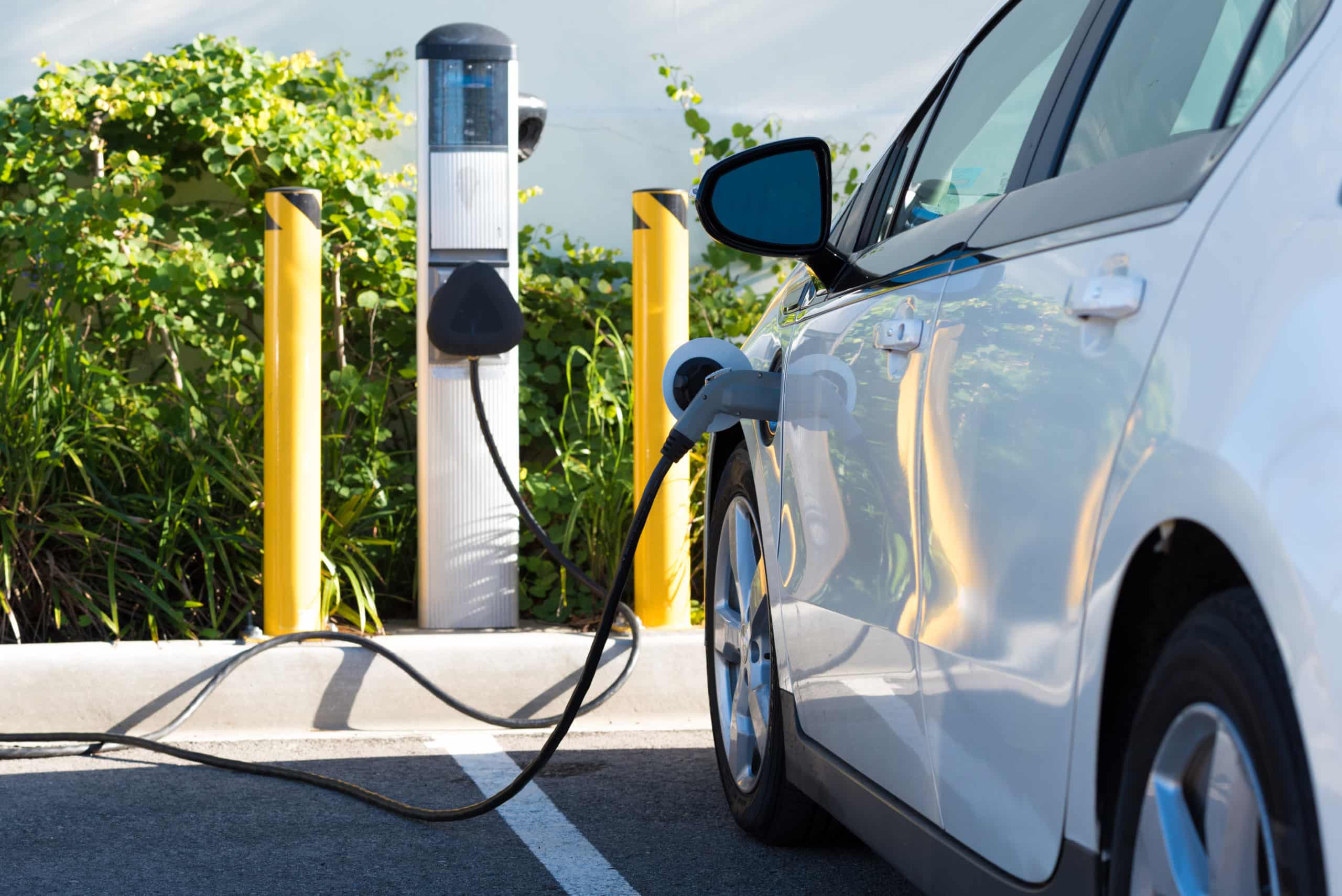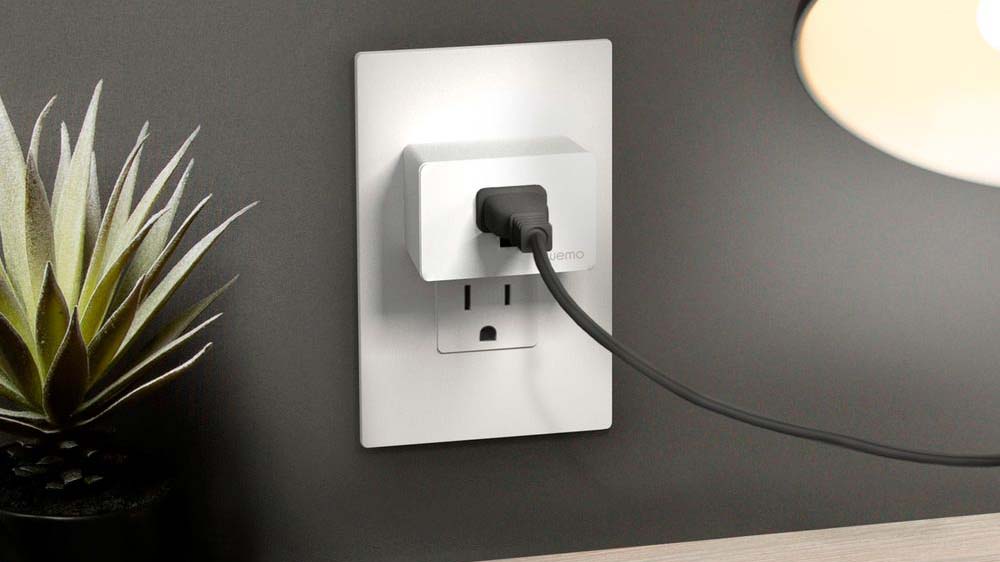It’s clear that the automotive sector has seen a dramatic change toward technology and electrification, but India’s development has lagged behind that of other countries. The government has now lifted customs tax on the entry of capital goods and apparatus used in the manufacture of lithium-ion cells for batteries used in electric vehicles (EVs).
Capital items and equipment needed for lithium-ion cell manufacture drew customs charge of 5% to 20%, according to industry analysts. Up to March 31, 2024, it will be zero.
Union Electric Vehicle Industry Budget 2023–2024
Finance Minister Nirmala Sitharaman said in her Union Budget 2023-24 address that customs duty exemption will be extended to the import of capital goods and equipment needed for the fabrication of lithium-ion cells for batteries used in electric cars.
It is anticipated that the lower input costs brought about by the decrease in basic customs tax would lead to more value addition, increased export competitiveness, and a general increase in domestic manufacturing electric vehicle charging station in India.
Finance Minister Nirmala Sitharaman’s announcement in the Union Budget 2023-24 to lower customs tax on lithium cells and extend subsidy on batteries was met with praise by the electric car sector.
Costly Expenditure
The Central Government has allocated Rs 10,000 crore to continue funding the Faster Adoption and Manufacturing of Hybrid and Electric Vehicles initiative till 2024. The government is helping this sector by providing incentives for production, research and development, subsidies, and recycling. Also, they are spending money on creating charging stations and mass-producing batteries.
More governmental subsidies for manufacturing electric vehicles and parts, including batteries, will bring in fresh capital. The planned sequence of incentives is expected to boost EV demand. Electrification goals for public transportation, government vehicles, and the high-power sector, as well as tax and registration fee exemptions.
Improve Power Grids
As a result of their cheap acquisition price, low operating expenses, and minimal environmental impact, electric cars have been growing in popularity for quite some time. More electric vehicle charging station in India infrastructure is needed, but people are already making the move to electric cars. Research, charging infrastructure, and skill development methods should all be facilitated by EV legislation enacted at the federal and state levels. We need an EV policy that facilitates a smooth evolution from internal combustion to electric propulsion. Strong policies that put EV R&D at the forefront are required.
Several states have passed legislation favoring electric vehicles as part of efforts to support and advance national electric mobility initiatives and promote environmentally friendly modes of transportation of the future. The majority of India’s states have their own EV policies, almost half of them. Financial incentives for EV purchases, as well as relief from road tax and vehicle registration costs, and reduced interest rates on EV loans are all part of the prevailing EV policies. Efforts are also being made to get taxis and delivery services to invest in electric cars. Additionally, facilities for producing batteries, charging infrastructure, and scrapping are being created specifically for EVs.
Financial and non-financial incentives may increase the longevity of EVs. The free installation of charging stations at petrol stations requires the drafting of regulations that would enable such installation. Manufacturing electric vehicles is difficult enough without having to worry about how the batteries will be disposed of. The government is making progress by developing rules for battery recycling methods and offering financial incentives to businesses that construct recycling facilities.



